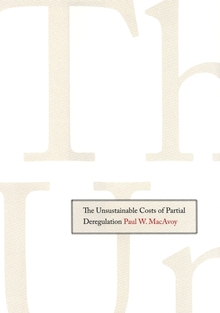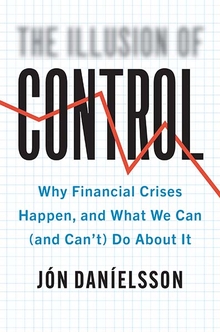Seven Crashes
WARNING
You are viewing an older version of the Yalebooks website. Please visit out new website with more updated information and a better user experience: https://www.yalebooks.com
The Economic Crises That Shaped Globalization
Harold James
A leading economic historian presents a new history of financial crises, showing how some led to greater globalization while others kept nations apart
In this book, leading economic historian Harold James presents a new history of the past two hundred years of globalization and its turning points. Examining seven economic crises that occurred during this time—in the late 1840s, the simultaneous stock market shocks of 1873, the First World War years, the Great Depression era, the 1970s, the Global Financial Crisis of 2007–2008, and most recently the Covid-19 crisis—he shows how some of these ultimately pushed markets in the direction of more cross-border integration of labor, goods, and capital markets while others prompted substantial deglobalization.
James identifies two types of crises. Those prompted by shortages—such as the events of the First World War and the oil shocks of the 1970s—have led to greater globalization, as markets expand and producers innovate to increase supply. By contrast, demand-driven crises, such as those that caused the Great Depression and the Global Financial Crisis of 2007–2008, generally lead international trade to contract, resulting in less globalization—along with widespread skepticism of governments that accompanies these incidents.
The book also makes its case by examining the key observers whose writings shaped our understanding of each crisis: Karl Marx in 1848; Stanley Jevons, Léon Walras, and Carl Menger in the 1870s; German Treasury Secretary Karl Helfferich in the First World War; John Maynard Keynes in the Great Depression; Milton Friedman and Friedrich Hayek in the 1970s; Ben Bernanke in 2008; and Larry Summers and Raj Chetty in 2020.
Harold James is the Claude and Lore Kelly Professor in European Studies and professor of history and international affairs at Princeton University. He is the author of numerous books, most recently The War of Words: A Glossary of Globalization. He lives in Princeton, NJ.
Publication Date: May 16, 2023
16 b/w illus.







